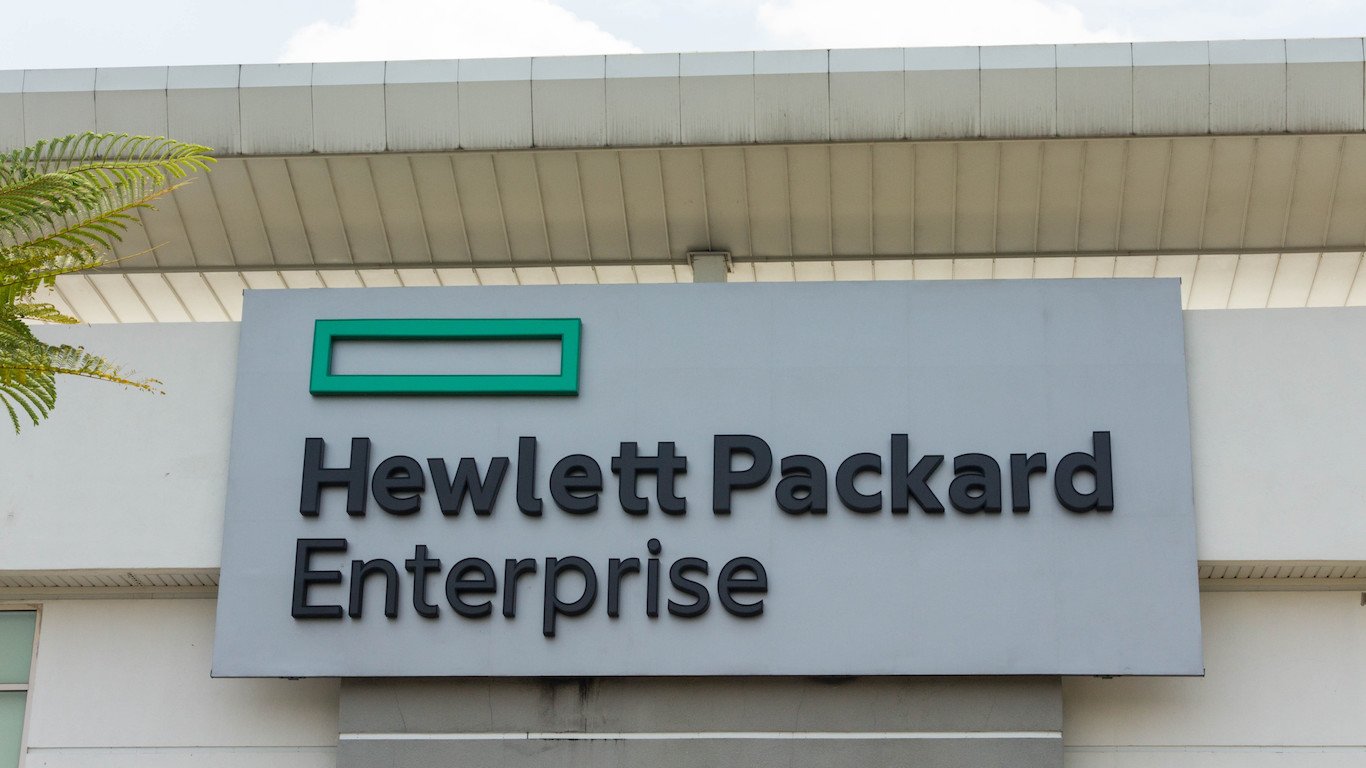

Apple Inc. (NASDAQ: AAPL) is preparing to release its next iteration of the iPhone, likely in September. That means it is time to begin speculating on what the company plans for the next, next iPhone, due in September 2022.
On Tuesday, 9to5Mac reported that Apple had won a patent on a method for authenticating biometric data that could be embedded into a display screen. That means that the camera notch on the iPhone could disappear and the iPhone would once again present an edge-to-edge image.
Apple calls the technology “through-display imaging” and it allows a device “capture one or more images of a fingerprint [or an image] of a user touching a specified region (an “imaging region,” above an imaging aperture) of the display of the electronic device.” If the imaging sensor can be embedded in the display itself, that ugly notch can go away. And the same technology could be incorporated on iPad and Mac displays as well.
On its support website, Apple has added a warning about replacing AirTag batteries. Because the device’s battery compartment is easily accessible to children and because they could inadvertently remove the battery, the batteries are coated with a “bitterant” to prevent children from popping the devices into their mouths and swallowing them.
Apple now says that the coating may interfere with the battery’s operation:
CR2032 [replacement] batteries with bitterant coatings might not work with AirTag or other battery-powered products, depending on the alignment of the coating in relation to the battery contacts.
In June, Australian retailers pulled the batteries from the shelves and the country’s safety regulator issued a warning on the batteries.
We noted Wednesday that Apple had an absolute blockbuster June quarter. So why did the company’s stock trade down by nearly 3% and close down more than 1% after such a good showing?
The answer is the company’s outlook. Chief Financial Officer Luca Maestri said on the company’s conference call that Apple expects supply constraints in the current quarter to be tighter than they were in the June quarter and that the constraints “will primarily impact iPhone and iPad.”
CEO Tim Cook added:
The majority of constraints we’re seeing are of the variety … that … I would classify as [an] industry shortage. We do have some shortages, in addition to that, that are where the demand has been so great and so beyond our own expectation that it’s difficult to get the entire set of parts within the lead times that we try to get those. So it’s a little bit of that as well.
iPhone contributes almost 50% of the company’s revenue, and iPad sales add another 9%. While Maestri and Cook may try to soften the story, investors were not so forgiving.
Essential Tips for Investing: Sponsored
A financial advisor can help you understand the advantages and disadvantages of investment properties. Finding a qualified financial advisor doesn’t have to be hard. SmartAsset’s free tool matches you with up to three financial advisors who serve your area, and you can interview your advisor matches at no cost to decide which one is right for you. If you’re ready to find an advisor who can help you achieve your financial goals, get started now.
Investing in real estate can diversify your portfolio. But expanding your horizons may add additional costs. If you’re an investor looking to minimize expenses, consider checking out online brokerages. They often offer low investment fees, helping you maximize your profit.
Thank you for reading! Have some feedback for us?
Contact the 24/7 Wall St. editorial team.
 24/7 Wall St.
24/7 Wall St.


